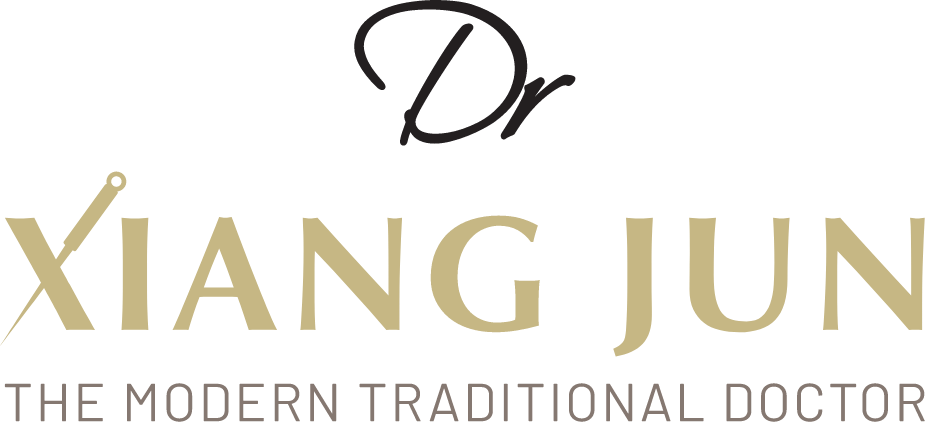Scientific Proof to How your Body react to Acupuncture - Allergic Rhinitis
Regular sessions of Acupuncture can treat Allergic rhinitis.
Allergic rhinitis is a chronic non infectious inflammatory disease of the nasal mucosa of the respiratory tract. The inflammation is usually triggered by immunoglobulin (IgE)-mediated mediators such as histamine through contact of allergens, which then lead to a cascade of immune active cells and cytokines.
The classic symptoms of allergic rhinitis involve sneezing, watery nasal discharge, nasal itching, nasal congestion accompanied by itchy eyes, tears, redness, burning sensations at the eyes. Complications of allergic rhinitis can include bronchial asthma, wheezing, shortness of breath, chest tightness.
Desensitizing drugs such as nasal glucocorticoids and antihistamines are commonly used to treat allergic rhinitis, but this method has a long treatment period and is prone to repeated attacks, and there are certain adverse reactions. Some of the side effects from usage of western medicines include frequent nose bleed, nasal dryness, irritation from the medications, drowsiness.
Acupuncture has been used to treat allergic rhinitis without the side effects like that of Western medications.
Below are the scientific proofs to using acupuncture for treating allergic rhinitis:
Conclusion: Studies indicated that Warm acupuncture can improve the symptoms of Allergic Rhinitis rats, which may be associated to its effect in inhibiting the expression of serum IgE, interleukin-1β (IL-1 β), and tumor necrosis factor-α (TNF-α). Acupuncture was safe and effective in the treatment of medium to severe persistent allergic rhinitis.
Conclusion: Patients with allergic rhinitis who are unresponsive to conventional western medicine or cannot tolerate the side effects, acupuncture at the sphenopalatine ganglion acupoint is an effective alternative therapy.
Conclusion: All acupuncture methods are effective and safe for Allergic Rhinitis. Based on these findings, it is evident that acupuncture therapy is not inferior to pharmacologic therapy. Therefore, for Allergic Rhinitis patients who are either unresponsive to conventional medicine or are intolerant to adverse events, acupuncture therapy should be administered.
Further reading:
Everything you need to know about Acupuncture
Natural Alternatives or Chemical Drugs?
Scientific Proof to how your body reacts to Acupuncture - Sinusitis
Scientific Proof to how your body reacts to Acupuncture - Snoring
Scientific Proof to How Your Body Reacts to Acupuncture - Acne Scars




